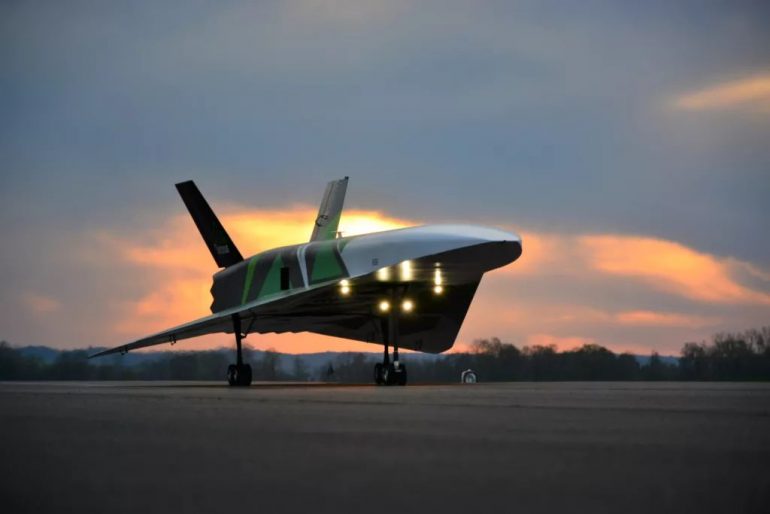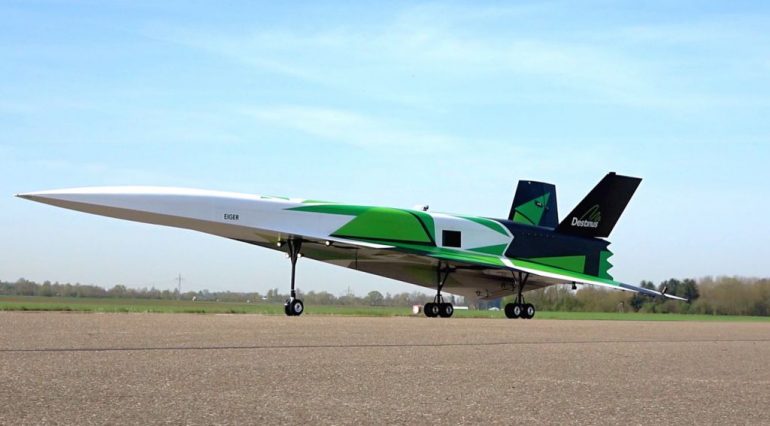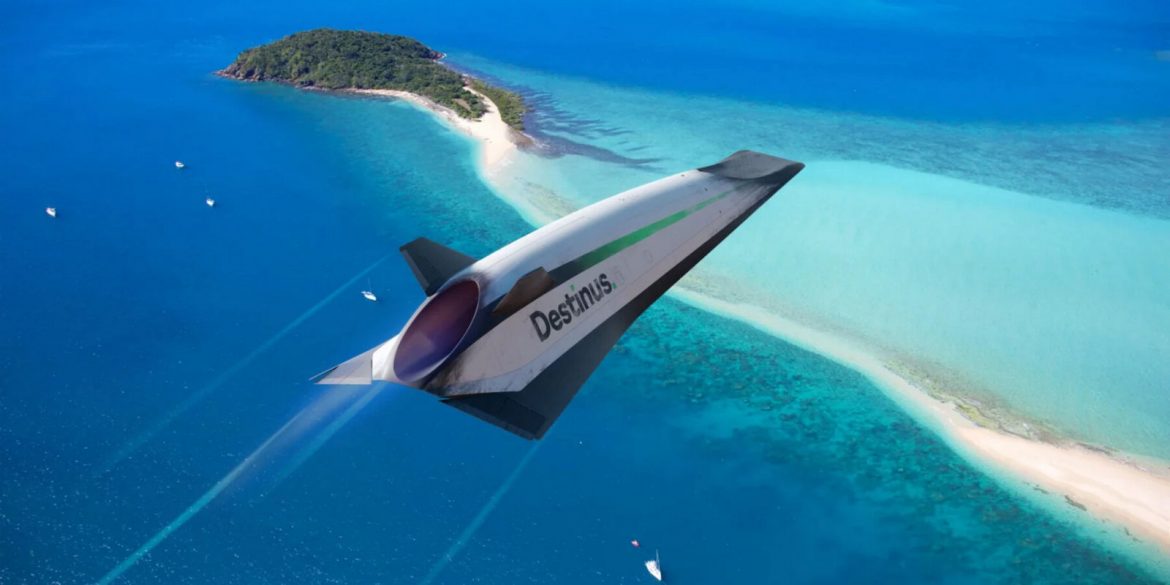If you’ve ever taken a flight from Europe to Australia or the other way around, you’ll know that it’s an arduous 20-hour flight that almost feels like torture. However, there’s a Swiss start-up called Destinus that is currently developing a hypersonic, hydrogen-powered passenger jet that aims to cut that journey time down to just over four hours. “You can reach the other side of the world in three to four hours without compromising on versatility, cost, or noise,” the start-up claims. Over the last few years, the company has been testing its prototype Eiger and announced successful test flights at the end of 2022. Recently, Destinus announced that it has been awarded grants for two projects worth a total of 26.7 million Euros (about $30 million) by Spain’s Ministry of Science, as part of the Spanish government’s plans to develop hydrogen-powered supersonic flights.
“We are currently testing a gaseous hydrogen post-combustion jet engine (afterburner) while working to advance other engine technologies using cryogenic fuels such as liquid hydrogen. These technologies will undergo extensive ground testing over the coming year and be integrated onboard our next supersonic prototype, Destinus-3, in 2024,” Destinus added. Centro para el Desarrollo Tecnológico e Industrial, the agency overseeing the government’s program, selected Destinus’ project as a strategic initiative under its Plan de Tecnologías Aeronáuticas (PTA).

“We are delighted to have been awarded these grants, especially because they are a clear sign that Destinus is aligned with the strategic lines of Spain and Europe to advance hydrogen flight,” Davide Bonetti, VP of Business Development and Products for Destinus, said. “For deep tech companies like us, access to these EU recovery funds is essential to carry out advanced research and accelerate the innovation needed to be competitive on a global scale. With these grants, hydrogen-based solutions for aeronautical mobility will be one step closer to becoming a reality.”

Destinus has partnered with the Spanish engine manufacturing company ITP Aero to build a facility to test hydrogen engines. A part of the grant will be used for the construction of a test facility near Madrid where the air-breathing hydrogen engines will be tested. The second grant worth $16.5 million will be used for research aiding the development process of its liquid hydrogen-powered propulsion. Destinus’ hypersonic aircraft is still in the early stages of development, so don’t expect it to start ferrying passengers anytime soon.

